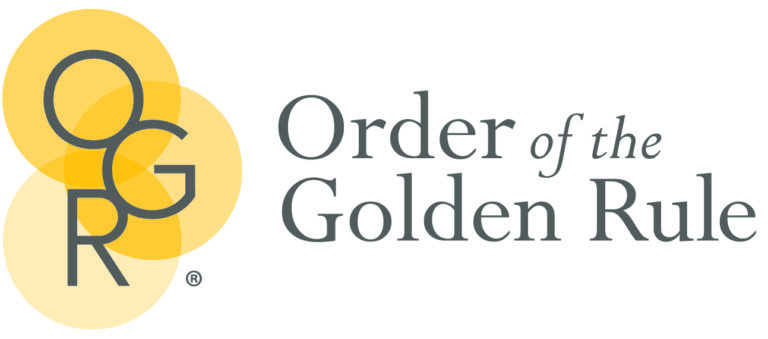I Went To My Own Digital Funeral
Article originally published by: Buzzfeed
A few weeks ago, I went to my own funeral. Or at least a simulation of my own funeral. I was sitting in an auditorium, alone except for a trim young man in a black suit, who walked up to a lectern and began speaking. “Good evening,” he said. “We are here to honor the memory of Doree Shafrir. Doree was a beloved friend, daughter, and wife. Our thoughts go out to her loved ones on this day.”
It was more than a little jarring, sitting there listening to this guy talk about me. Doree, he said, was “committed to her work, to social justice and to literature. She showed support to women she’d never even met, and gave platforms to voices of color.” He went on like this for another minute or so, talking about how I’d passed away and “left an empty place” in the hearts of my loved ones. Next, there was a video — all my tweets, scrolling on a huge screen in front of me — and it was only then that I truly started recoiling. My legacy was going to be my tweets about Justin Bieber’s fling with Bronte Blampied, my neighbors’ love of Project Runway, my excitement about wearing a dress with pockets to a wedding.
I was at LACMA, the LA County Museum of Art, for an interactive exhibit put on by an organization called the Hereafter Institute, which was started by the 34-year-old artistGabriel Barcia-Colombo. The pitch was vague: The Hereafter Institute, I was told, “evaluates a person’s digital afterlife using new technologies.” The “funeral” was the culmination of a half-hour personal tour through a series of exhibits meant to inspire reflection and conversation on our digital afterlives.
For centuries, people have been trying to figure out how to achieve immortality — or at least extend their lifespans. Today, billionaires like Larry Ellison, Peter Thiel, and Sergey Brin are spending part of their fortunes on research that they hope will allow them to extend their lifespans. Perhaps the most radical ideas are coming out of Dmitry Itskov’s 2045 Initiative, an organization that hopes to eventually be able to meld human heads with robot bodies. For the non-billionaires among us, digital immortality will have to do.
I’ve long been fascinated by the posthumous digital lives of others, but I’d never really thought about what would happen to my own self-created online presence after I’m dead — and more important, how it could be manipulated, even by people with the best of intentions. As someone who likes to maintain a modicum of control over her online presence (don’t we all?), this notion started to feel more than a little bit scary. What would someone who doesn’t know me infer about who I was based solely on my online presence? At least when I’m alive, my social media is a constantly updated, organically changing thing; once I’m dead, it’s all frozen in amber. Would that same online presence serve as a comfort to people who knew me, a kind of poignant memorial? Or, most terrifyingly of all, would no one care?
I’m not proud of the fact that when I hear about a celebrity dying, I check to see what their last tweet was. I obsessively read the Last Message Received Tumblr, which posts the last communication (usually texts) that people got from exes, or family and friends who died; the ones that are the most painful to read are the mundane ones from friends who were then killed by drunk drivers.
These transmissions can appear cruelly unremarkable, but after death, even the most ordinary dribs and drabs of communication feel poignant to their loved ones. Like the Hereafter Institute’s project, the Last Message Received is saying: You matter. You matter, and the world you lived in matters, and the people you loved — they matter too.
Still, I can’t help but think I’ll want to keep everything away from the prying eyes of people like me when someone I’m close to dies.
Aren’t we really just expressing anxieties about our own mortality when we voraciously consume the digital afterlives of others? When I think about it in this light, I’m more forgiving of my morbid, voyeuristic habit. If there is an upside to my obsession with these inadvertent social media memorials, it’s that they have made me more aware of the permanence of my online presence, which, in the moment, can seem deceptively ephemeral. In 2016, the human condition is marked by existential despair in thinking about being remembered for a few lackluster, dashed-off tweets and silly photos. What if the last thing I ever tweet is a complaint about how much Time Warner Cable sucks? And so, whether we like it or not, life now requires no small degree of constant self-examination about our own legacies, online and off.




